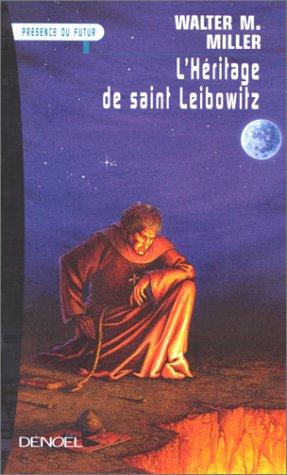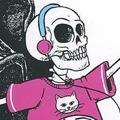Very religious
3 stars
As if you couldn't tell from the title, this book really leans on 1) Latin, 2) Catholic lore. If you're a Sunday School alum or comparative religion nerd, you might get a kick out of it from those alone.
I have no history with the church, so it felt alien and sci-fi to me, but I recognize that the faith in the book is based on one in our real world. So if you're not down for some Abrahamic philosophy fanfic, then you might find large tracts of this book dull.
For my part, while the author might appear to editorialize for some morals that I find wrong, I get a real sense of humility from the writing. A kind open curiosity and questioning of deeply held beliefs, that is refreshing. There are some great conversations in this book, and the Christians are not always put on the "right side" …
As if you couldn't tell from the title, this book really leans on 1) Latin, 2) Catholic lore. If you're a Sunday School alum or comparative religion nerd, you might get a kick out of it from those alone.
I have no history with the church, so it felt alien and sci-fi to me, but I recognize that the faith in the book is based on one in our real world. So if you're not down for some Abrahamic philosophy fanfic, then you might find large tracts of this book dull.
For my part, while the author might appear to editorialize for some morals that I find wrong, I get a real sense of humility from the writing. A kind open curiosity and questioning of deeply held beliefs, that is refreshing. There are some great conversations in this book, and the Christians are not always put on the "right side" of them.
Also: 100% this was a precursor for certain post-apocalyptic aesthetics, like in the Wasteland and Fallout video games. One hundred percent.


